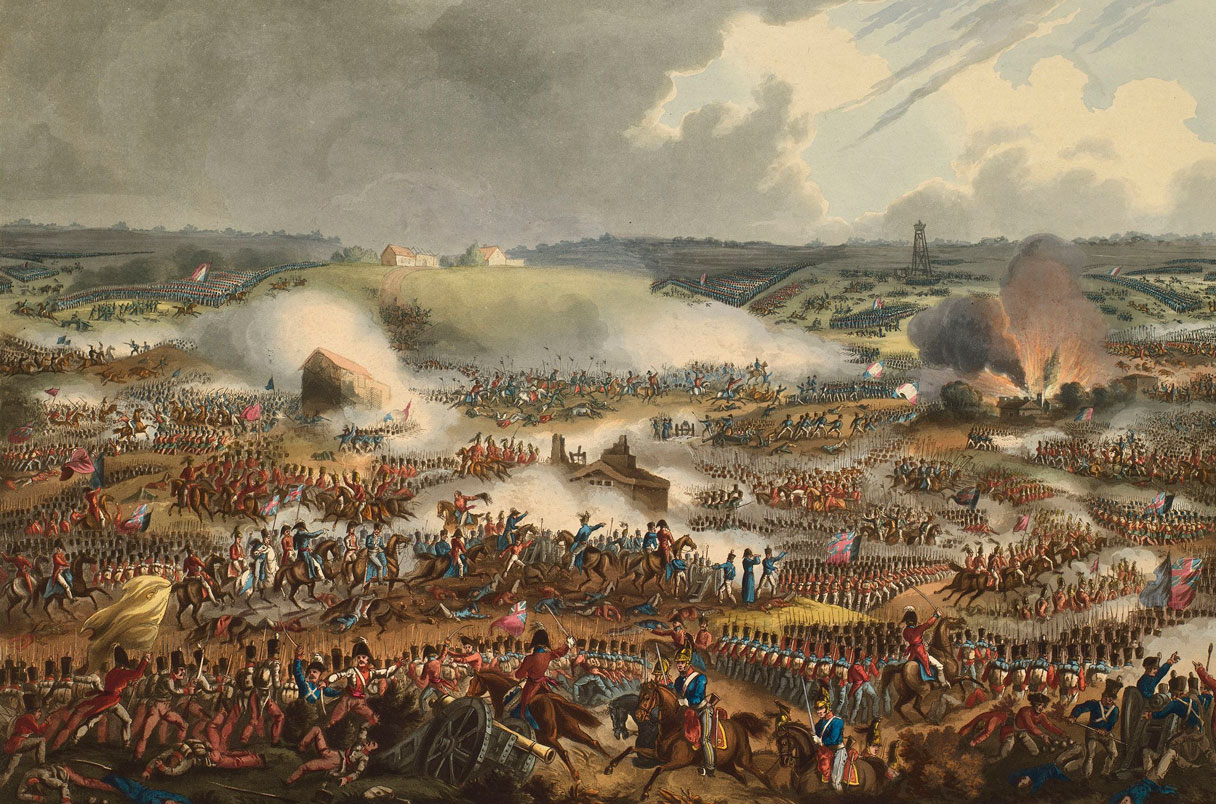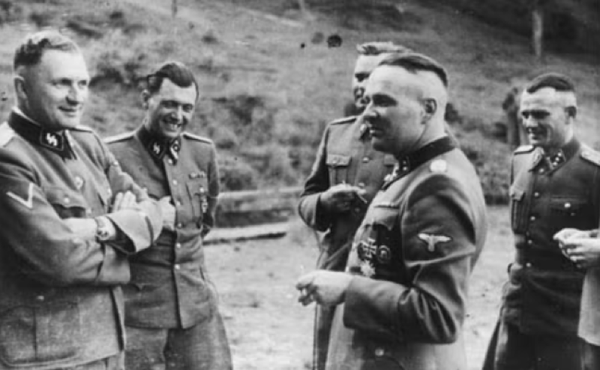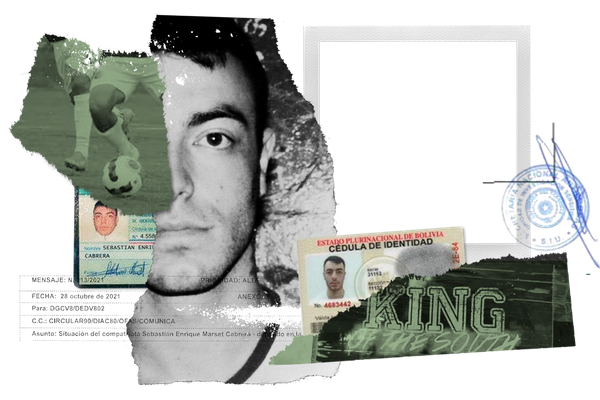Where did all the bones from ancient battles go?

From Science.org: "In the late 18th and early 19th centuries, a succession of wars ravaged Europe. Massive armies squared off and massacred each other using cannon and rifle fire and mass cavalry charges that claimed tens of thousands of casualties in hours. At the 1815 Battle of Waterloo, Napoleon Bonaparte’s final battle, more than 10,000 men and as many horses were killed in a single day. Yet today, archaeologists often struggle to find physical evidence of the dead from that bloody time period. How did so many bones up and vanish? An international team of historians and archaeologists argues the bones were depleted by industrial-scale grave robbing. The introduction of phosphates for fertilizer and bone char as an ingredient in beet sugar processing at the beginning of the 19th century transformed bones into a hot commodity. Skyrocketing prices prompted raids on mass graves."
The US tried permanent Daylight Saving Time but people hated it

From The Washingtonian: "Congress voted on December 14, 1973, to put the US on daylight saving time for two years. President Nixon signed the bill the next day. The US had gone to permanent daylight saving time before, during World War II. Then, too, the measure was enacted to save fuel. Permanent DST wasn’t close to the wackiest idea about time floating around—Paul Mullinax, a geographer who worked at the Pentagon, came up with the idea of putting the continental US on a single time zone. “USA Time” would apply from Bangor to Barstow, eliminate jet lag, and standardize TV schedules. But permanent DST quickly proved dangerous: A 6-year-old Alexandria girl was struck by a car on her way to school on January 7; the accident broke her leg. Two Prince George’s County students were hurt in February. In the weeks after the change, eight Florida kids were killed in traffic accidents. Florida’s governor, Reubin Askew, asked for Congress to repeal the measure and it did so."
South Carolina found a secret bank account with $1.8 billion in it

From WSOC: "Tensions have been flaring over a $1.8 billion question: how did money move through a South Carolina bank account over the past decade without anyone knowing where it came from or where it was supposed to go? The state’s top accountant and banker were both asked to answer that very question in a heated marathon hearing before the Senate Finance Committee. Both officials said it was the other person’s job. Senator Mike Fanning said when he asked about it he was told it was supposed to be in a flow-through account, to be invested in the stock market or bonds. But for some reason, that never happened.”
Editor's note: If you like this newsletter, please share it with someone else. And if you really like it, perhaps you could subscribe, or contribute something via my Patreon. Thanks for being a reader!
He emptied an entire crypto exchange onto a thumb drive and then disappeared

From Wired: "Faruk Fatih Özer stood in front of a passport control officer at Ista bynbul Airport. He pulled his face mask below his chin for the security camera. The 27-year-old had unruly black hair, a boy-band face, and a patchy beard. Normally he overcompensated for his callow features by dressing in a pressed three-piece suit. But this spring day he wore black trainers and a navy-blue sweater hastily pulled over a white polo shirt. He looked like someone who could have been going on a last-minute day trip—or someone planning to never come back. The guard stamped his Turkish passport and Özer shuffled through the crowd to Gate C, a flash drive containing a rumored $2 billion (£1.6 billion) in crypto stashed in his belongings."
The unlikely origins of the word thug

From the BBC: "The word thug has become a politically charged term in the US in recent years, so it may be a surprise that the word originates far away, in India. Megan Garber of The Atlantic says that the term goes back to the 14th Century, when there was a gang of criminals known as the Thuggee, a huge criminal network that operated all around India's main roads. They would basically befriend travellers along the roads, gain the travellers' trust, and then they would murder them Mark Twain was one of the first Americans to report on the group in his book, Following the Equator: A Journey Around the World, published in 1897, which started the steady rise of the word thug in popularity."
How a picture of a fly reduced washroom cleaning costs by 8 percent

From Decision Lab: "Men’s lack of precision when aiming into the toilet increases the cleaning costs of public washrooms, and Amsterdam’s Schiphol Airport was no exception. The airport wanted to improve urinal aim to reduce total cleaning costs. As a simple and inexpensive way to achieve such goals, Schiphol Airport introduced its "urinal flies." By etching an image of a fly inside every urinal, Schiphol Airport hoped to nudge men to aim at the fly improving overall aim. Implementing this physical design change reduced spillage by 80 percent, and the budget for cleaning public toilets by 8 percent. If you think that seeing a fly would evoke unsanitary images, you’re not alone. However, people are more likely to aim at something they dislike. The fly is universally disliked but it doesn’t elicit fear, nudging users to aim at it and thus reduce splashback."
People like this restore my faith in humanity
It’s people like these that restore my faith in humanity pic.twitter.com/Qi45ohGLrc
— Nature is Amazing ☘️ (@AMAZlNGNATURE) April 3, 2024
Acknowledgements: I find a lot of these links myself, but I also get some from other newsletters that I rely on as "serendipity engines," such as The Morning News from Rosecrans Baldwin and Andrew Womack, Jodi Ettenberg's Curious About Everything, Dan Lewis's Now I Know, Robert Cottrell and Caroline Crampton's The Browser, Clive Thompson's Linkfest, Noah Brier and Colin Nagy's Why Is This Interesting, Maria Popova's The Marginalian, Sheehan Quirke AKA The Cultural Tutor, the Smithsonian magazine, and JSTOR Daily. If you come across something interesting that you think should be included here, please feel free to email me.

